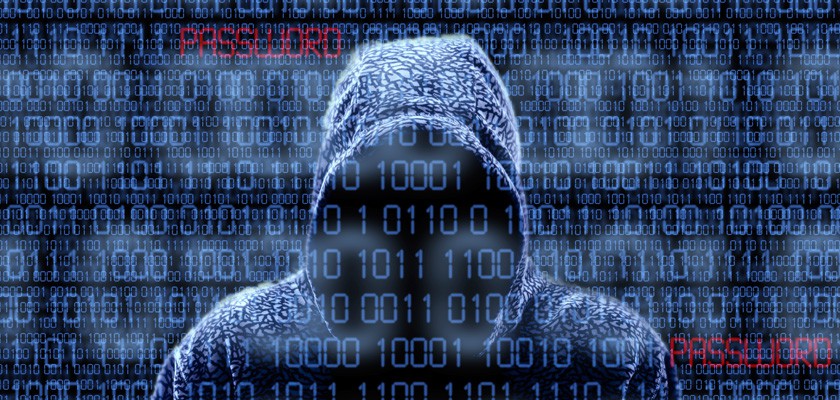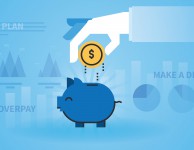October is National Cyber Security Month – Here’s How To Keep Your Info Safe!
October is National Cyber Security Awareness Month and as technology in our daily lives becomes more common, hackers have begun to broaden their tactics and take advantage of more people. According to the Bureau of Justice Statistics, identity theft affected 7 percent of the U.S. population in 2014. Keeping personal information safe online helps to protect people against cyber-crimes and identity theft. Here are some tips to keep your identity safe:
Password Diversity
The first thing people should do to keep their information safe is to use passwords on all mobile devices, according to Golden Girls Network. If an unsecured phone or tablet gets lost or stolen, a criminal could have instant access to financial and personal information.
However, even with a password, hackers can still sometimes get inside the device. The best way to keep your personal data safe is to completely clean out the device. The Guardian reported that a “wipe your phone” feature is the best way to make data inaccessible. Find My iPhone, Android Lost and Blackberry Protect all have similar features for when a phone isn’t likely to return home.
“Having many passwords is better than using one for all accounts.”
Having many passwords is better than using the same one for all accounts. According to Forbes, using one password for everything helps criminals find your information faster. For instance, an email and password combination could be captured by criminals when they are used to create an account on an unfamiliar website. They can then use the same combination to try to enter into other sites, including email or bank accounts. The best way to prevent unauthorized access to accounts is by using multiple email address and password combinations.
Forbes advised identifying three levels of security on sites. The top level is any website that has credit card information on it. These websites each get unique passwords, completely unrelated to any other websites’ password.
The second level is websites that you absolutely trust. These get unique passwords, but they can be related to each other. For instance, the letters could be switched, replaced by numbers or changed in capitalization patterns.
The third level is reserved for websites that aren’t trusted. These websites should not know your name or real email address. The passwords should also be unique. They can be similar to one another, but shouldn’t be similar to passwords used on trusted websites.
Install Protection
Firewalls are barriers between your computer and the Internet. Not having one is like leaving your front door wide open. Johannes Ullrich, chief technology officer at the Internet Storm Center, which monitors online malicious activity, told PCWorld that Windows users will usually be targeted before they’ve had a chance to download the patches that will keep their computer safe. In these instances, a firewall can keep out criminals.
The U.S. Computer Emergency Readiness Team explained that most operating systems have firewall software. Home routers generally have one as well.
Current antivirus and anti-spyware software will also keep computers safe from hackers. These programs find malware hiding in the background of your computer. However, it is crucial to keep the software up to date.
A 2012 study by The Imperva Hacker Intelligence Initiative, which studies trends in cybercrime, found that less than 5 percent of new viruses are detected by antivirus systems. This is because software developers are reactive to the needs of their clients. By keeping software current, it operates at its best, with information about the most recent malware infecting computers.
Online security is critical to users who use online services to make purchases, do their banking or access other personal information online. One hacked account can lead to devastating consequences. However, a few easy protective measures can keep your identity safe.






